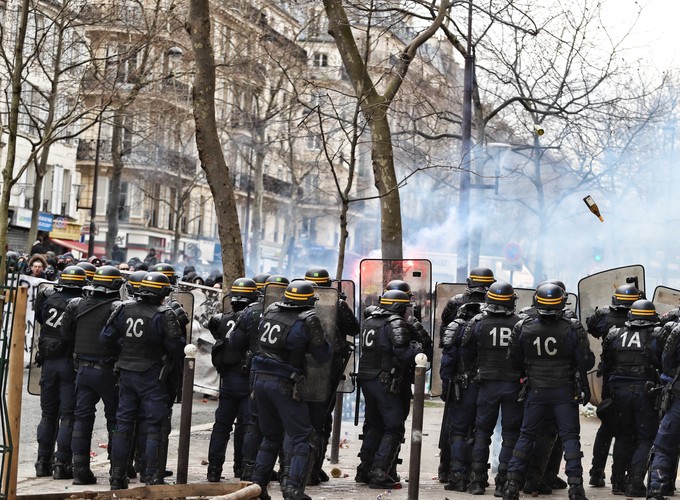Abstract
In response to increasing violent crime rates in several U.S. cities over the past year, some have pointed the finger of blame at de-policing, a result of the so-called Ferguson Effect. Although the Ferguson Effect on crime rates remains an open question, there may also be a Ferguson Effect on other aspects of police officers’ jobs, such as willingness to partner with community members. This study used data from a cross-sectional survey of 567 deputies at an agency in the southeastern U.S. to accomplish 2 objectives: (a) to determine whether the Ferguson Effect is associated with de-policing in the form of decreased willingness to engage in community partnership, and (b) to determine whether such an effect persists upon accounting for perceived organizational justice and self-legitimacy. Ordinary least squares (OLS) regression equations revealed that the Ferguson Effect (as operationalized by reduced motivation stemming from recent negative publicity) was associated with less willingness to engage in community partnership (b= -.10; 95% CI= -.16, -.05). However, upon accounting for organizational justice and self-legitimacy, the Ferguson Effect was rendered insignificant (b = .01; 95% CI = -.05, .07). The findings suggest that officers who have confidence in their authority or perceive their agency as fair are more willing to partner with the community to solve problems, regardless of the effects of negative publicity.
